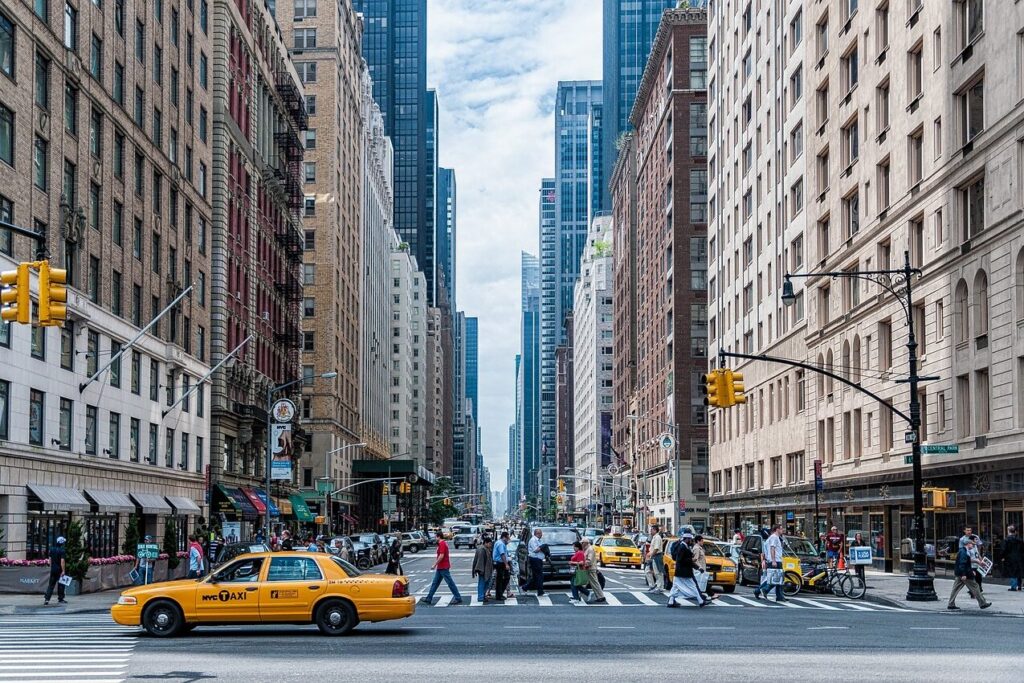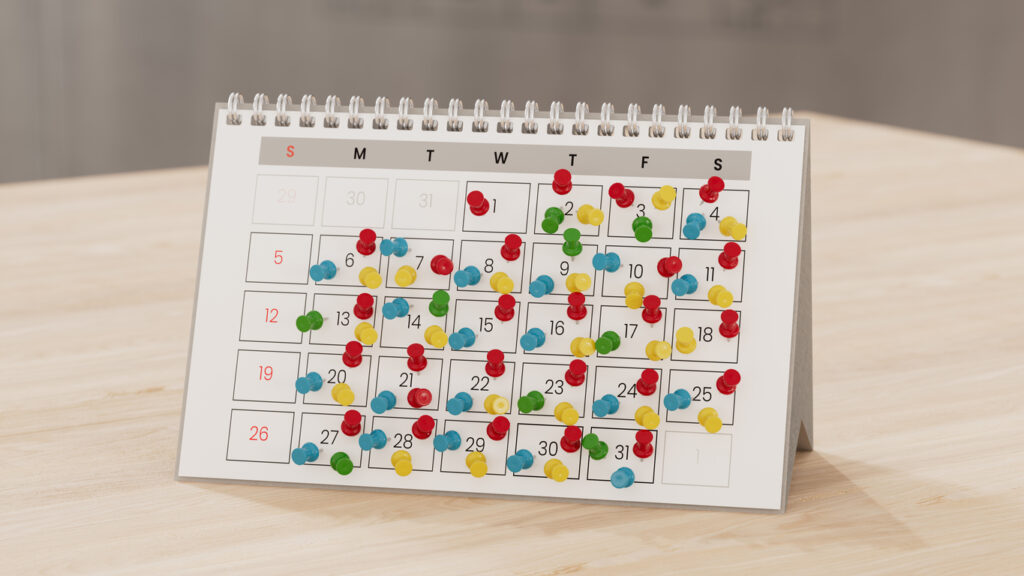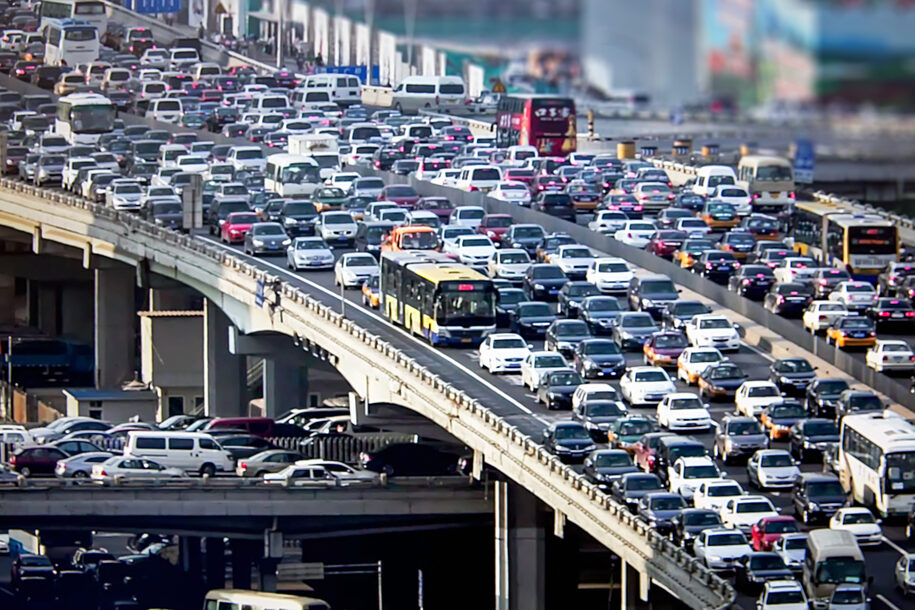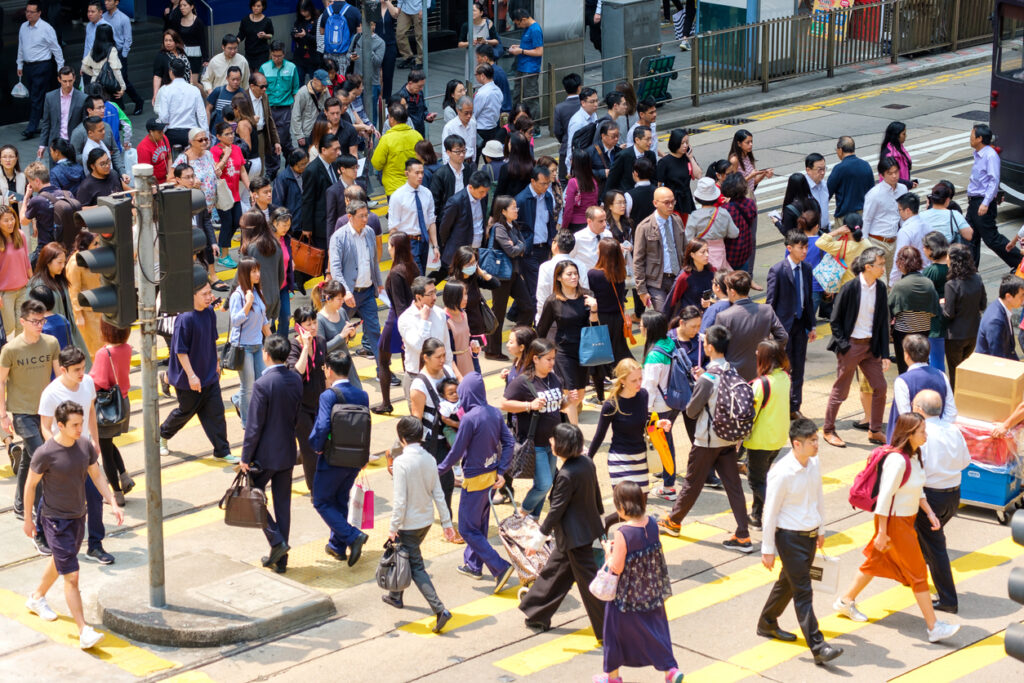
City life can feel like a rush of energy always on, always moving. But what if some of the habits you’ve picked up just to “keep up” are slowly draining your joy? From overworking to endless screen time, big-city living shapes our routines in ways we don’t always notice. If you’ve been feeling burnt out, restless, or just not like yourself lately, these habits might be part of the reason. Let’s talk about the silent stressors and what you can do to feel better.
1. Over-Scheduling Every Minute of Your Day

Living in a bustling city often means trying to squeeze everything into one day work meetings, commutes, workouts, social plans, and errands. Over-scheduling becomes a badge of honor, but behind the scenes, it’s a slow recipe for mental fatigue. The constant push to be productive leaves little room for quiet, creative thought or emotional recovery. Experts in behavioral psychology point out that when you remove downtime, you also reduce your capacity for joy, patience, and meaningful connection. What starts as a drive for efficiency often spirals into chronic stress. Even leisure time starts feeling like another checkbox. And here’s the kicker: your body doesn’t know the difference between real danger and non-stop hustle. Reclaiming even 30 unscheduled minutes a day can feel like exhaling for the first time in months. Source: SolutionHealth
2. Living on Caffeine and Takeout

Fast-paced urban life makes it all too easy to swap real meals for coffee runs and app-delivered takeout. When your day starts with caffeine and ends with late-night Uber Eats, your body misses the signals it needs to reset, recharge, and truly nourish itself. Nutritional experts note that processed foods and excessive caffeine can create energy crashes, mood swings, and even long-term health consequences. The worst part? These patterns become habits so subtly that you forget what real energy feels like. Cooking at home may seem impossible when you’re exhausted, but even small changes like prepping one wholesome meal a day can restore balance. In a city that never sleeps, your body still needs to. And if you’re fueling yourself like a machine, you’re bound to feel worn out like one too. Source: National Library of Medicine
3. Constant Noise and No Real Silence

Big cities come with constant background noise traffic, sirens, construction, and crowds. Over time, this low-grade chaos can wear on your nervous system without you even realizing it. Researchers have found that chronic noise exposure increases stress hormones, disrupts sleep, and even impacts concentration and memory. The problem is that your brain never gets a true break. You might think you’ve adapted, but your body is still responding to the noise with subtle tension. Many people in urban areas report feeling more anxious and irritable, not knowing that environmental noise is a big contributor. Carving out time in nature, investing in noise-canceling headphones, or even just finding a quiet room to sit in daily can give your system the reset it desperately needs. Real silence isn’t just peaceful, it’s powerful. Source: National Library of Medicine
4. Digital Dependency and Social Comparison

In big cities, screen time is a lifestyle. Between work emails, transit scrolling, and trying to keep up on social media, many people spend more time staring at screens than connecting in real life. The result? An invisible but very real dip in mental well-being. Constant social comparison, especially in image-heavy cities like New York or L.A., can make your life feel smaller or less successful even if you’re doing just fine. The digital world thrives on highlight reels, not reality. Mental health experts agree that regular digital detoxes and real-world connections can boost self-esteem and reduce anxiety. If you’re always plugged in, your brain is never resting and neither are your emotions. Sometimes the best thing you can do is put your phone down and remember that your life is not a competition. Source: Frontiers
5. Lack of Meaningful Connection

Oddly enough, being surrounded by millions of people can make you feel lonelier than ever. Many city dwellers have wide networks but few deep relationships. The culture of “busyness” often gets in the way of slow, meaningful conversations, while transient lifestyles make it harder to build long-term trust. Psychologists suggest that this disconnection can lead to feelings of emptiness and even depression. While small talk and networking events are common in cities, what people really crave is vulnerability and genuine companionship. Making space for regular meetups, long phone calls, or joining communities based on shared values not just career goals can make a huge difference. Because at the end of the day, no number of social followers can replace a friend who really sees you.
6. Always Being in “Go” Mode

In cities that celebrate hustle, it’s easy to feel like stopping is failing. From subway sprints to side gigs, the pressure to stay “on” is everywhere. But this endless striving creates a state of constant adrenaline, leaving your mind and body stuck in high alert. Over time, this erodes your ability to relax, sleep deeply, or even feel present. Experts in stress management note that chronic “go mode” leads to burnout, irritability, and an inability to experience joy. You may find it hard to sit still, even when there’s nothing urgent. The truth is, rest is not laziness, it’s a biological need. Learning to slow down, prioritize non-productive joy, and set firmer boundaries around your energy is not just good for your health. It’s essential for your happiness.
FEEL LIKE CITY LIFE IS DRAINING YOU? YOU’RE NOT ALONE. WHICH HABIT HIT HOME FOR YOU? DROP A COMMENT OR TAG A FRIEND WHO NEEDS TO HEAR THIS!


